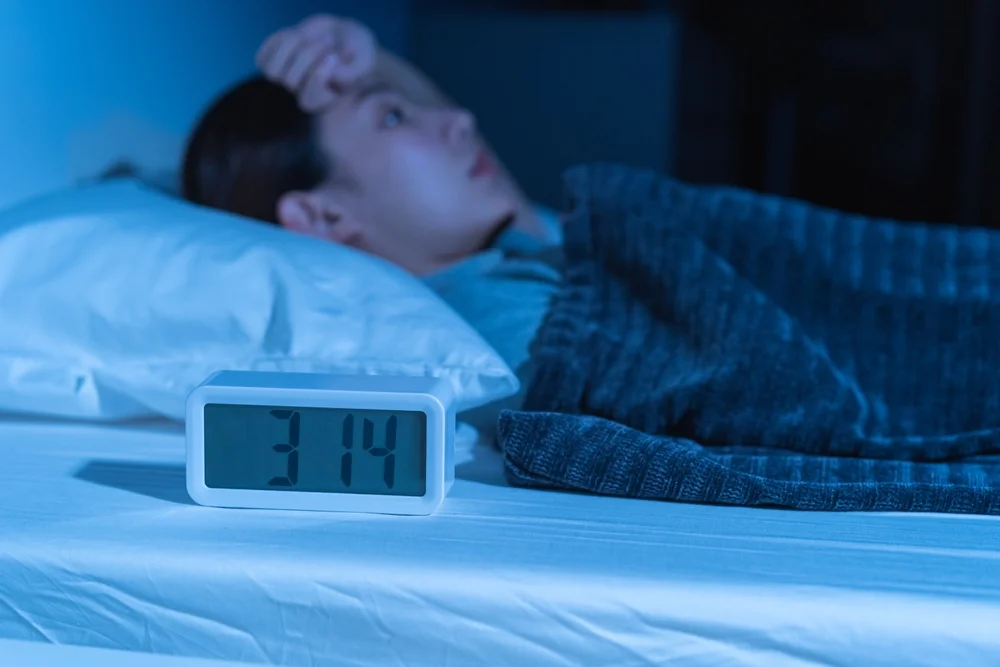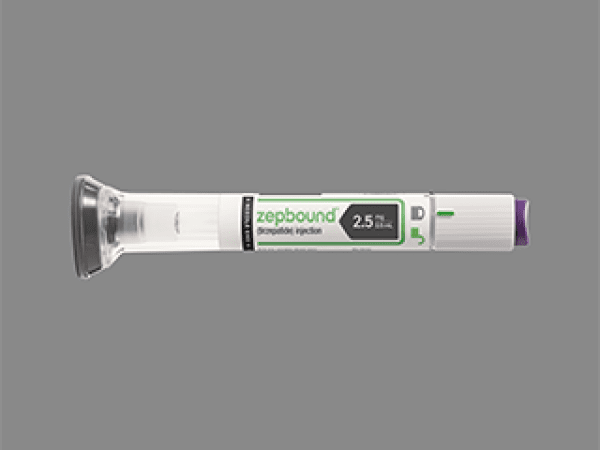Why Does Zepbound Make You Tired

The transformative weight loss drug Zepbound, lauded for its efficacy in helping individuals shed pounds, is also triggering a less welcome side effect: fatigue. Reports of persistent tiredness are becoming increasingly common among users, prompting questions about the underlying mechanisms and potential long-term implications. Is this fatigue a temporary hurdle on the path to better health, or a significant concern requiring careful management?
At the heart of this issue lies a complex interplay of physiological adjustments, metabolic shifts, and behavioral changes induced by Zepbound. While the drug primarily targets appetite regulation and blood sugar control, its impact extends to energy levels and overall well-being. Understanding the root causes of Zepbound-related fatigue is crucial for both patients and healthcare providers to optimize treatment strategies and mitigate potential discomfort.
How Zepbound Works and Its Systemic Effects
Zepbound (tirzepatide) is a dual glucose-dependent insulinotropic polypeptide (GIP) and glucagon-like peptide-1 (GLP-1) receptor agonist. It essentially mimics the actions of these naturally occurring hormones. This dual action leads to improved blood sugar control, reduced appetite, and ultimately, significant weight loss.
The drug enhances insulin secretion when blood glucose levels are high and suppresses glucagon secretion. This leads to improved glycemic control. Simultaneously, it slows gastric emptying and increases feelings of fullness, contributing to reduced food intake.
These hormonal adjustments, however, have wide-ranging effects on the body. They impact not just the digestive system but also energy metabolism, nutrient absorption, and hormonal balance, creating the potential for fatigue as a side effect.
Why Fatigue Occurs: The Mechanisms at Play
Several factors contribute to fatigue reported by Zepbound users. One of the primary reasons is the reduced caloric intake associated with appetite suppression. The body, accustomed to a certain level of energy input, must adapt to a lower supply.
Furthermore, the slowing of gastric emptying, while beneficial for weight loss, can lead to nutrient malabsorption. Essential vitamins and minerals, vital for energy production, might not be fully absorbed, contributing to feelings of weakness and lethargy.
Changes in blood sugar levels also play a significant role. While Zepbound helps regulate glucose, the initial period of adjustment can sometimes lead to episodes of hypoglycemia, particularly if dietary habits are not properly aligned with the medication.
The Role of Dietary Changes and Lifestyle Adjustments
The weight loss journey with Zepbound often necessitates significant dietary changes. Individuals are encouraged to consume smaller, more frequent meals and focus on nutrient-dense foods. Failure to do so can exacerbate fatigue.
If calorie and nutrient intake is severely restricted without adequate protein and essential nutrients, the body struggles to maintain energy levels. This situation results in decreased muscle mass and increased fatigue.
Dehydration can also contribute to fatigue. It's crucial for Zepbound users to stay adequately hydrated, as the drug can affect fluid balance. Mild dehydration is a very common cause of fatigue.
Addressing the Fatigue: Strategies for Mitigation
Managing Zepbound-related fatigue requires a multi-pronged approach. Consulting with a healthcare provider or registered dietitian is crucial to optimize dietary intake and ensure adequate nutrient absorption.
Gradual adjustments to the medication dosage, under medical supervision, can help minimize side effects. Often, the body adjusts to the medication over time, diminishing the fatigue.
Prioritizing sleep and incorporating regular, moderate exercise can also improve energy levels. These steps contribute to overall well-being. Regular light exercise, such as walking, can improve energy levels.
The Importance of Open Communication with Healthcare Providers
It is paramount for individuals experiencing fatigue while on Zepbound to communicate openly with their healthcare providers. Sharing details about the severity, duration, and timing of the fatigue can help tailor a personalized management plan.
Healthcare professionals can assess for underlying medical conditions that might be contributing to the fatigue. This will help rule out any unrelated issues. They can also provide guidance on medication management and dietary modifications.
Ignoring fatigue could lead to a decreased quality of life and potentially hinder adherence to the medication regimen. Early intervention is key to ensuring a positive treatment outcome.
A Balanced Perspective: Benefits vs. Side Effects
While fatigue is a noteworthy side effect of Zepbound, it's essential to weigh it against the significant benefits of the drug, particularly for individuals struggling with obesity and related health conditions.
For many, the weight loss achieved with Zepbound can lead to improved blood sugar control, reduced blood pressure, and a decreased risk of cardiovascular disease. These benefits can outweigh the discomfort of fatigue.
The decision to continue or discontinue Zepbound should be made in consultation with a healthcare provider, considering individual circumstances and the overall impact on health and well-being.
The Future of Weight Loss Medications and Fatigue Management
Ongoing research is focused on optimizing weight loss medications to minimize side effects like fatigue. This includes exploring alternative formulations, delivery methods, and combination therapies.
Scientists are also investigating the underlying mechanisms of fatigue associated with these drugs. This is to develop targeted interventions. Advances in understanding the gut microbiome and its impact on energy metabolism might offer new avenues for mitigating fatigue.
Ultimately, the goal is to provide individuals with effective weight loss solutions that are also well-tolerated, allowing them to achieve lasting improvements in their health and quality of life. Zepbound is still a new medication and more studies are necessary to evaluate the long-term side effects.
While Zepbound offers a promising path to weight loss, awareness of potential side effects like fatigue is crucial. By understanding the underlying mechanisms and implementing appropriate management strategies, patients and healthcare providers can work together to optimize treatment outcomes and ensure a more comfortable and successful journey toward better health. Further research and open communication remain essential for addressing this complex issue.
.webp)


![Why Does Zepbound Make You Tired Zepbound Lawsuit [2025 Update] | King Law](https://www.robertkinglawfirm.com/wp-content/uploads/2024/07/side-effects-of-zepbound.webp)














